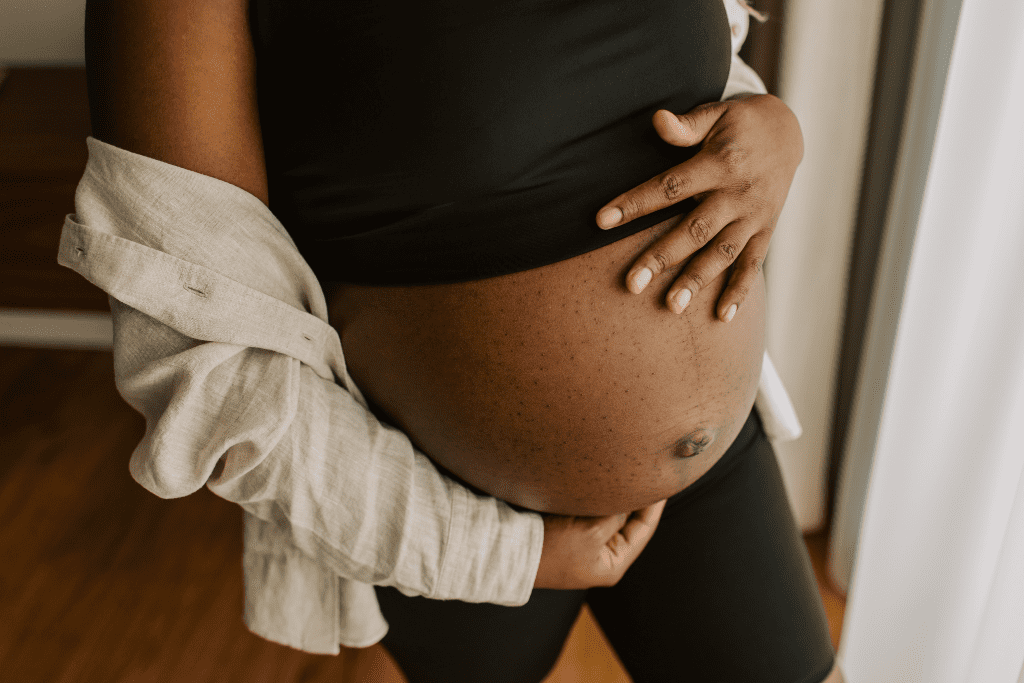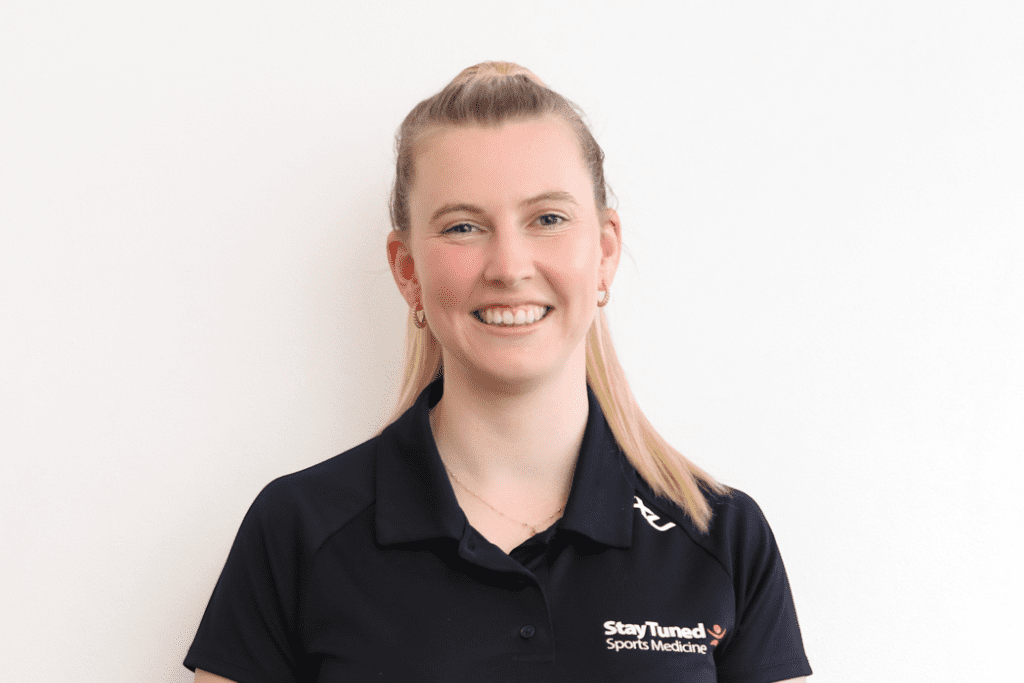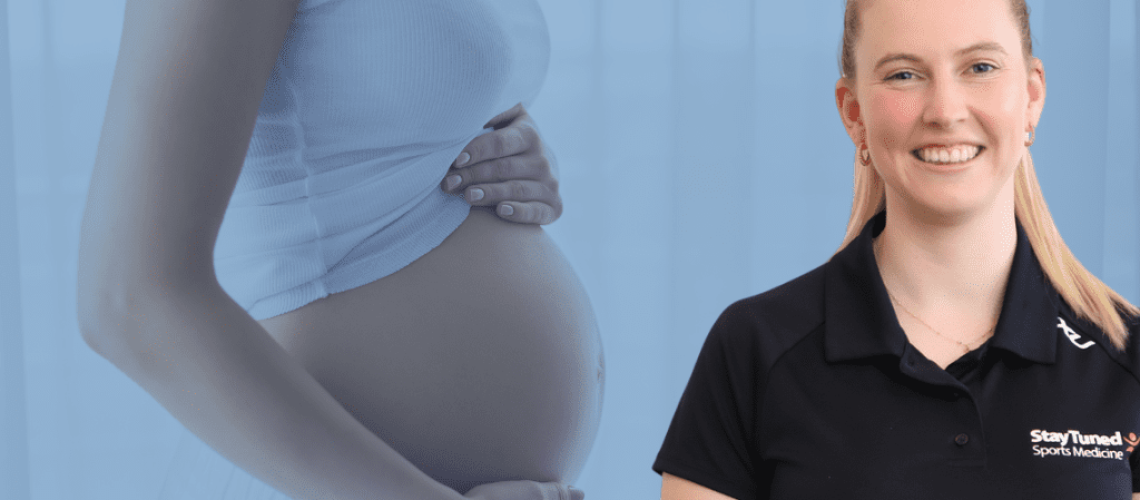Pregnancy is an extraordinary journey, but for many women, it also comes with physical discomforts that can be difficult to manage. At Stay Tuned we offer gentle, safe osteopathic treatment that supports the natural changes of pregnancy, helping you feel more comfortable and better prepared at every stage.
From early hormonal shifts to changes in posture and pressure from your growing baby, here’s how osteopathy can help throughout your pregnancy – especially during times when discomfort tends to peak.
The Role of Relaxin and Pelvic Pain
One of the key hormonal changes during pregnancy is the increase in relaxin – a hormone that softens ligaments and prepares the pelvis for childbirth.
Relaxin is first released around week 6 of pregnancy, with higher levels peaking again around weeks 12–14 and then increasing steadily at weeks 28-30. While its role is essential, the softening of ligaments can lead to pelvic instability, often felt as:
- Low back or sacroiliac joint pain
- Pubic symphysis discomfort (sometimes known as pelvic girdle pain)
- A feeling of “wobbliness” or clicking in the hips and pelvis
When to Expect Discomfort
Many clients report noticeable pelvic discomfort from week 10 onward, with symptoms often intensifying between weeks 14–20 as postural adaptations begin and relaxin levels continue to rise. A second spike of discomfort may occur in the third trimester (around week 30 onward) as weight increases and the pelvis further loosens in preparation for birth.

How Osteopathy Can Help – and When
Proactive osteopathic treatment is most effective when started before symptoms become intense. We recommend beginning treatment in the first trimester (around weeks 8-10) and continuing with regular sessions, especially leading up to and during weeks where hormonal and structural changes are most active (weeks 12–20 and weeks 28–34).
Treatment focuses on:
- Improving pelvic alignment and joint mobility
- Reducing muscular compensation patterns
- Supporting core stability to counter ligament laxity
- Preparing the body for further physical changes in later stages
Rib & Thoracic Discomfort: Making Room for Baby
As your baby grows, your uterus expands upward, placing pressure on your diaphragm, rib cage, and thoracic spine. Many clients begin to notice discomfort in these areas between weeks 24 and 36, especially as breathing becomes more shallow and posture shifts to accommodate the bump.
Symptoms may include:
- Mid-back pain or tightness under the ribs
- Difficulty taking deep breaths
- Shoulder or neck tension due to altered posture
Osteopathy can help ease this discomfort by:
- Improving rib and thoracic spine mobility
- Releasing tension in surrounding muscles and fascia
- Enhancing breathing mechanics and circulation
- Supporting postural balance
A Practitioner Who’s Passionate About Pregnancy Care
As an osteopath, I have a real passion for supporting women through pregnancy. I’ve completed additional training and workshops beyond my university studies to better understand the changing needs of the pregnant body and how to treat it safely and effectively.
I truly enjoy working with expectant mothers—every pregnancy is unique, and I love helping each woman feel more at ease, supported, and connected to her body throughout the journey. Whether you’re navigating your first trimester or preparing for birth, I bring both clinical knowledge and genuine care to every treatment.
Book Early, Stay Comfortable
The earlier you start osteopathic care, the more effectively we can help your body adapt to pregnancy’s demands. I recommend booking your first session around week 8–10, with regular follow-ups through each trimester to stay ahead of discomfort and prepare for birth.
If you’re pregnant and looking for supportive, personalised care, I’d love to work with you. To book an appointment or find out more, contact the clinic on (03) 9531 0909 or click the link below to make a booking.
Dr Verity Boyd
Osteopath & Group Exercise Rehab Instructor
E: Verity.Boyd@staytuned.com.au


